Are Your Gardening Choices Helping or Harming the Environment? The Truth Behind Garden Waste
Imagine planting your dream garden—healthy greens, vibrant flowers, and a small patch of vegetables—only to discover that the choices you make as a gardener could directly impact the planet’s future. As urban life in places like Vancouver grows denser and more people find comfort in home gardening, the environmental effects of plastic packaging, synthetic soils, and disposable pots can add up fast. Every year, gardeners generate tonnes of landfill waste without realizing that the tools and products they choose can be either part of the solution or part of the problem.
Low-waste gardening products have emerged as a powerful response to this issue, offering practical alternatives that support both the health of your garden and the environment. By making informed decisions about the products used—from custom-blended soils packaged responsibly to reusable pots and sustainable amendments—gardeners can dramatically reduce their ecological footprint. The significance of these choices is not just environmental but also personal; adopting low-waste gardening habits changes how you experience your garden, fosters a deeper connection with your community, and encourages a cycle of sustainability that benefits everyone. Understanding the real impact of low-waste gardening products is essential for anyone hoping to cultivate a garden that thrives today and enriches the planet for years to come.
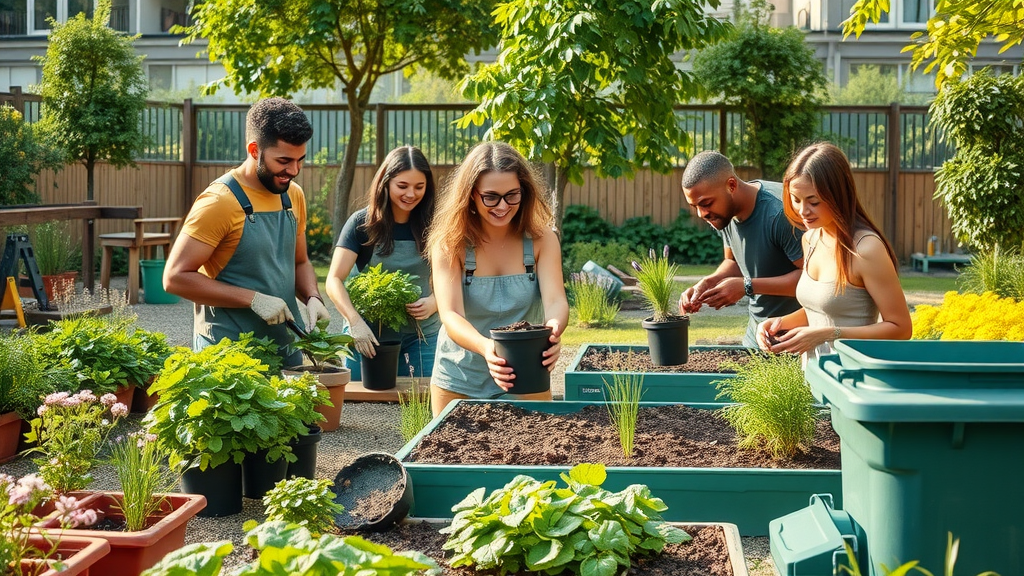
The Roots of Responsible Gardening: Understanding Low-Waste Gardening Products
Low-waste gardening products are more than a trend—they represent a fundamental shift in how gardeners approach resource use and waste management. At its core, this practice is about selecting products designed to minimize single-use plastics, reduce unnecessary packaging, and encourage reuse wherever possible. Items such as responsibly packaged, custom-blended soils and high-quality amendments are specifically chosen for their low environmental impact, ensuring that every aspect of the gardening process, from planting to maintenance, generates less waste. These products support eco-friendly gardening by addressing the lifecycle of supplies, making it easier for both new and seasoned gardeners to reduce their reliance on disposable goods.
Neglecting to understand or consider the impact of garden waste can lead to dire environmental consequences. Excessive packaging, synthetic additives, and single-use plastics contribute to crowded landfills and pollution. Over time, degraded soil health and increased chemical runoff may harm local wildlife and water sources—an ironic twist for gardeners who are, at heart, stewards of the natural world. By overlooking low-waste alternatives, gardeners miss the opportunity to become powerful agents of change within their communities. Embracing these practices is not just about following the latest green movement—it’s about building resilient gardens and making responsible choices that benefit both people and the planet.
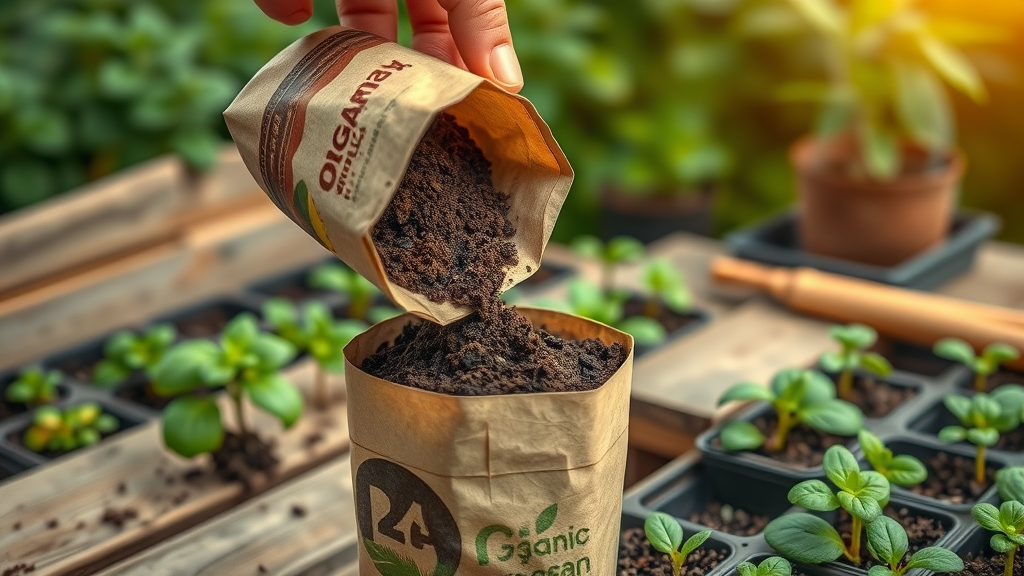
Why Low-Waste Gardening Products Transform Your Garden and the World Around You
Figaro's Garden, a fixture in the East Vancouver community, has cultivated a thoughtful approach to gardening by focusing on the environmental responsibility packed into every handful of soil and every plant’s pot. As a contributor to the dialogue around sustainable urban gardening, this expert team sources low-waste gardening products that meet high standards for quality, effectiveness, and value. Custom-blended soils, responsibly packaged amendments, and well-curated gardening tools are carefully selected to empower residents with the means to reduce their waste without sacrificing the health or beauty of their gardens.
The practical benefits of integrating low-waste gardening products into your routine are far-reaching. Gardeners reduce the volume of landfill-bound plastics and chemical-laden packaging, curtailing their environmental impact while creating growing spaces that are healthier and more vibrant. Responsibly blended soils and amendments not only support robust plant growth but also foster a sustainable gardening cycle—one where waste is minimized, resources are reused, and gardens become sanctuaries for both people and pollinators. In a city like Vancouver, where climate challenges and urban density meet, the case for making this switch is clear: low-waste gardening isn’t simply better for your plants, it’s essential for a livable, flourishing cityscape.
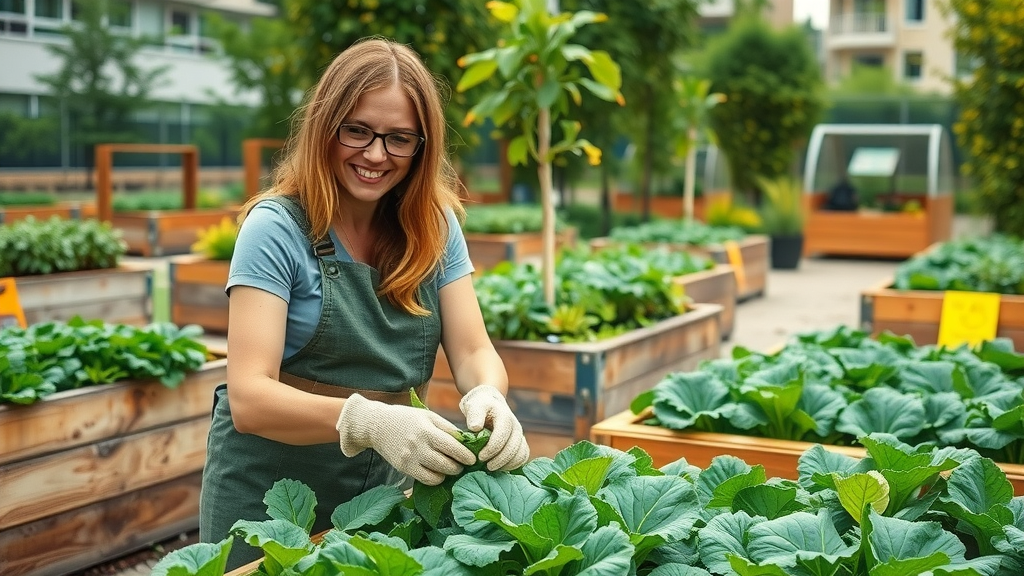
From Bulk Soils to Reusable Pots: Practical Actions for Reducing Waste in Your Garden
The journey to a sustainable garden starts with strategic choices made at the outset. Opting for bulk or custom-blended soils in minimal, recyclable packaging is a straightforward way to reduce plastic consumption from the start. Traditionally, soil amendments and fertilizers arrive in non-recyclable bags or single-use containers. Low-waste alternatives, now available through reputable garden stores, utilize materials that can be composted, recycled, or safely reintroduced into the garden year after year. The conscious move away from mass-produced synthetic supplies doesn’t just reduce trash—it transforms the environmental impact of each gardening season.
Beyond soils, every element of the garden can benefit from a low-waste mindset. Reusable pots and trays, for example, are both economical and eco-friendly—allowing gardeners to eliminate the cycle of disposable plastic entirely. By incorporating simple habits such as reusing containers, repurposing materials, and being thoughtful about necessary purchases, gardening enthusiasts help close the loop on waste. With every informed choice, the garden becomes a microcosm of broader change, showing that environmental stewardship is possible right in your own backyard.
Small Spaces, Big Impact: Urban Gardening with Purpose
Urban settings present unique challenges, from limited outdoor space to increased resource demands. However, adopting low-waste gardening practices is especially impactful in city environments, where community gardens and rooftop plots dot the landscape. Vancouver, known for both its natural beauty and growing concern for sustainability, offers a fertile testing ground for low-waste gardening techniques. Gardeners can lead the shift by integrating community composting, sharing excess supplies, and participating in local initiatives that promote green practices.
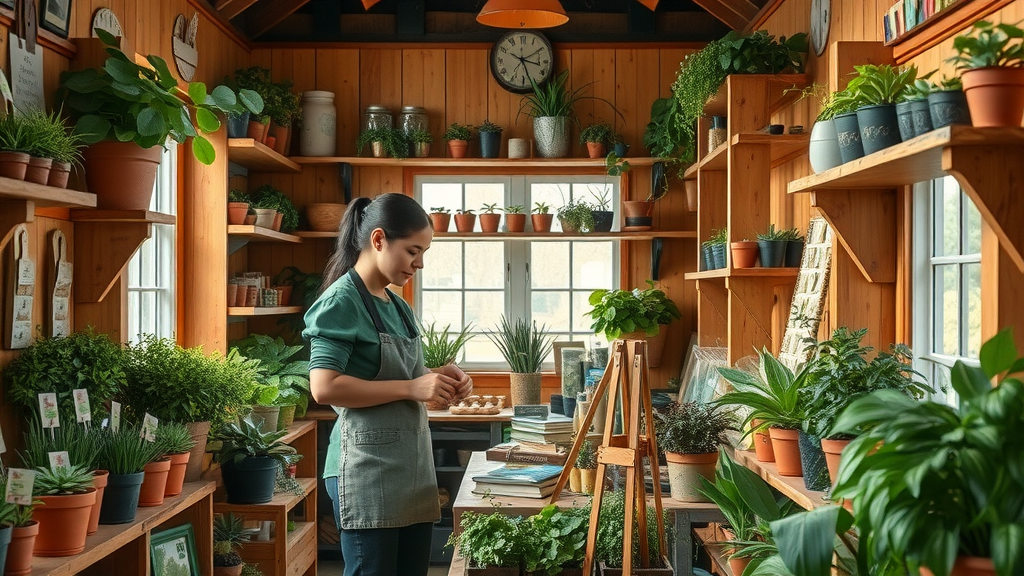
With each low-waste product chosen, city gardeners set a visible example to neighbors and friends, multiplying the benefits as sustainable habits spread throughout the community. The ripple effect of eco-friendly gardening extends beyond a single backyard, fostering meaningful conversations and collaborations that help neighborhoods transition toward better resource management and greener lifestyles.
How Community-Centric Garden Shops Drive Sustainable Change
Independent garden centers with deep local roots play a pivotal role in making low-waste gardening products both available and accessible. Figaro’s Garden embodies this spirit, blending honest, informed service with a mission to empower gardeners of all experience levels. By listening to their community and understanding its unique challenges, this neighborhood shop has cultivated a culture of guidance—not simply salesmanship—that encourages urban dwellers to adopt more sustainable practices.
Stepping into such a space, gardeners are greeted not just by plants and products, but by a knowledgeable team invested in supporting their individual journeys. The commitment to providing quality supplies in eco-friendly packaging, coupled with ongoing education about responsible techniques, reflects a long-term vision for gardening as a community strength. In an era where environmental choices matter more than ever, the emphasis on low-waste gardening becomes a point of pride and a rallying call for garden lovers to rethink their daily habits and leave a lighter footprint.
Gardeners Speak: Community and Knowledge Foster Success with Low-Waste Gardening
For many, the transition to low-waste gardening begins with a sense of curiosity, but it quickly grows into a transformative experience. Local gardeners consistently praise environments where expertise, warmth, and practical advice converge to make sustainable gardening accessible to all. One community member captures this perfectly:
It's a small, beautiful and neighbourly garden shop that has many of what a passionate gardener needs. They have tropical and native plants, big and small, seeds, soil and soil treatment media, pots, gardening tools and more, all of which are affordable for what you are buying. I come here mainly to buy small pots and a few plants. The atmosphere is cozy, warm, welcoming, lovely and pleasant. The staff who works there are very helpful, welcoming and have a lot of knowledge regarding caring for plants and best gardening practices. They have a cat named Huey who doesn't mind being pet and makes the atmosphere even more pleasant. You can also email them questions about gardening, plants and problems with plants through their email on their website free of charge. I will definitely come back for plants, their services and of course Huey!
The power of low-waste gardening is found not only in each product used, but also in the supportive, informed communities that grow around it. By seeking advice, sharing stories, and leaning on local expertise, anyone can experience success in building a more sustainable garden—one that brings joy today and promises a healthier tomorrow for everyone involved.
Low-Waste Gardening Products: The Shared Path to a Resilient, Sustainable Garden Future
Green gardening practices are no longer optional—they are foundational for anyone wanting to make a positive difference in their home, neighborhood, and city. Low-waste gardening products offer a clear way to take meaningful action, reducing both environmental impact and everyday clutter. The insight and leadership of garden centers dedicated to honest service and community empowerment illustrate just how accessible sustainable habits can be when backed by knowledge and thoughtful stewardship. For those committed to a healthier planet and a thriving backyard, making the switch to low-waste gardening products is a step forward toward environmental harmony, strong community ties, and a legacy of growth that future generations will thank us for.
Contact the Experts at Figaro's Garden
If you’d like to learn more about how low-waste gardening products could benefit your gardening experience, contact the team at Figaro's Garden.
📍 Address: 1896 Victoria Dr, Vancouver, BC V5N 4K2, Canada
📞 Phone: +1 604-253-1696
🌐 Website: http://www.figarosgarden.ca/
Figaro's Garden Location and Hours
🕒 Hours of Operation:
📅 Monday: 12:00 – 5:00 PM
📅 Tuesday: 10:30 AM – 5:30 PM
📅 Wednesday: 10:30 AM – 5:30 PM
📅 Thursday: 10:30 AM – 5:30 PM
📅 Friday: 10:30 AM – 5:30 PM
📅 Saturday: 10:00 AM – 5:00 PM
📅 Sunday: 10:00 AM – 5:00 PM
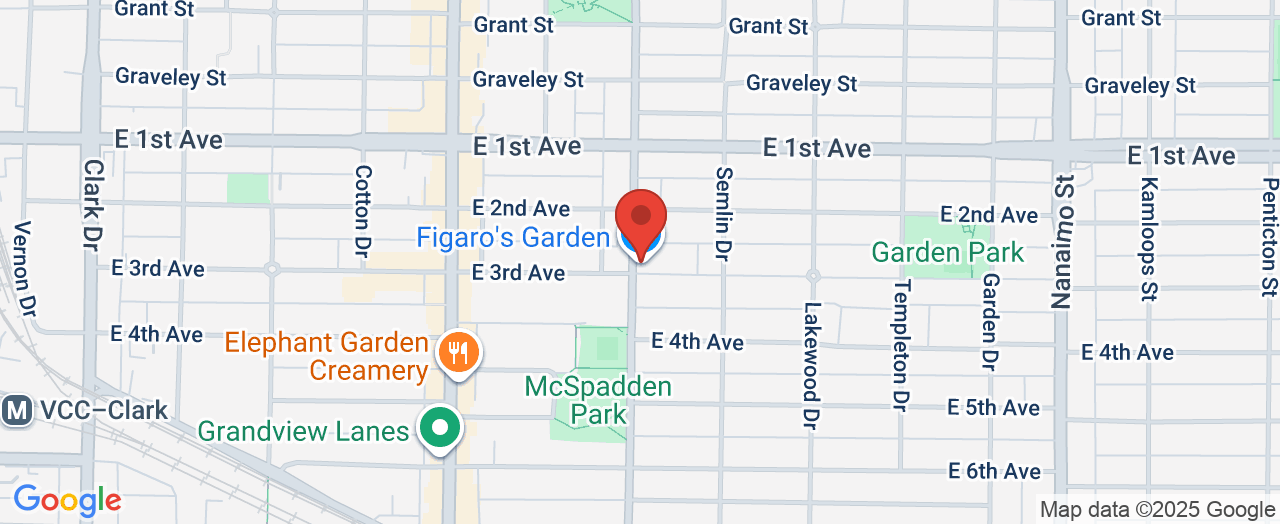
 Add Row
Add Row  Add
Add 





Write A Comment